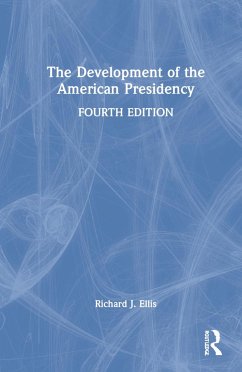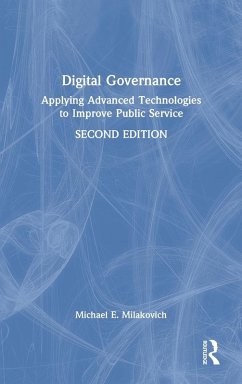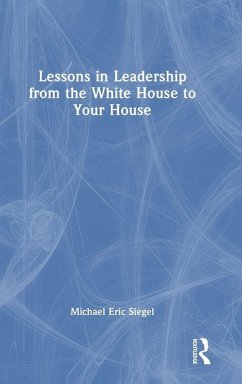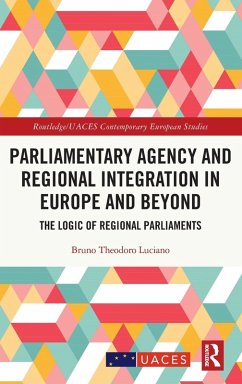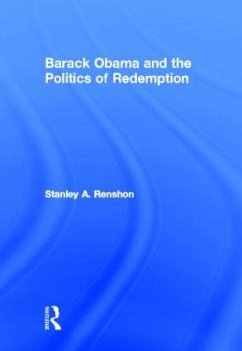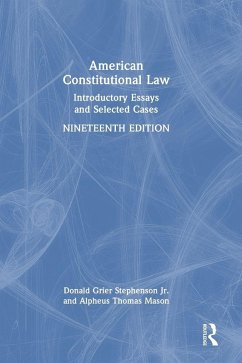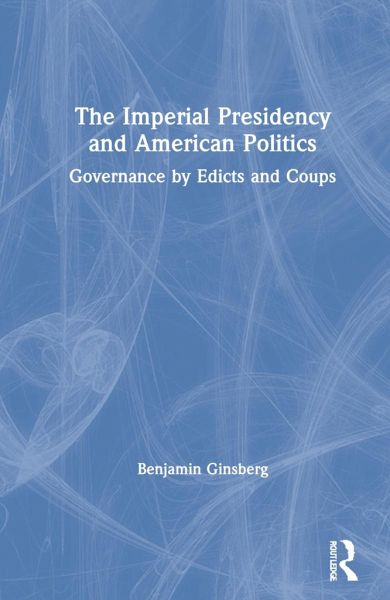
The Imperial Presidency and American Politics
Governance by Edicts and Coups
Versandkostenfrei!
Versandfertig in 1-2 Wochen
167,99 €
inkl. MwSt.
Weitere Ausgaben:

PAYBACK Punkte
84 °P sammeln!
Those who saw Donald Trump as a novel threat looming over American democracy and now think the danger has passed may not have been paying much attention to the political developments of the past several decades. Trump was merely the most recent-and will surely not be the last-in a long line of presidents who expanded the powers of the office and did not hesitate to act unilaterally when so doing served their purposes. Unfortunately, Trump is also unlikely to be the last president prepared to do away with his enemies in the Congress and transform the imperial presidency from a theory to a reali...
Those who saw Donald Trump as a novel threat looming over American democracy and now think the danger has passed may not have been paying much attention to the political developments of the past several decades. Trump was merely the most recent-and will surely not be the last-in a long line of presidents who expanded the powers of the office and did not hesitate to act unilaterally when so doing served their purposes. Unfortunately, Trump is also unlikely to be the last president prepared to do away with his enemies in the Congress and transform the imperial presidency from a theory to a reality. Though presidents are elected more or less democratically, the presidency is not and was never intended to be a democratic institution. The framers thought that America would be governed by its representative assembly, the Congress of the United States. Presidential power, like a dangerous pharmaceutical, might have been labelled, "to be used only when needed." Today, Congress sporadically engages in law making but the president actually governs. Congress has become more an inquisitorial than a legislative body. Presidents rule through edicts while their opponents in the Congress counter with the threat of impeachment-an action that amounts to a political, albeit nonviolent coup. The courts sputter and fume but generally back the president. This is the new separation of powers-the president exercises power and the other branches are separated from it. Where will this end? Regardless of who occupies the Oval Office, the imperial presidency is inexorably bringing down the curtain on American representative democracy.




